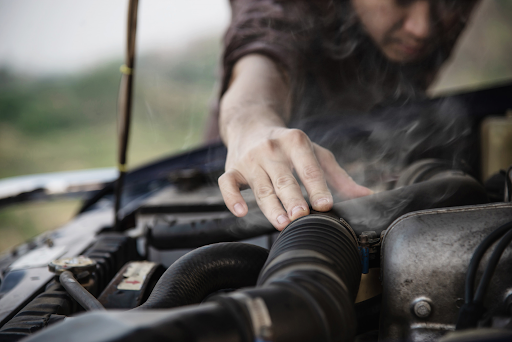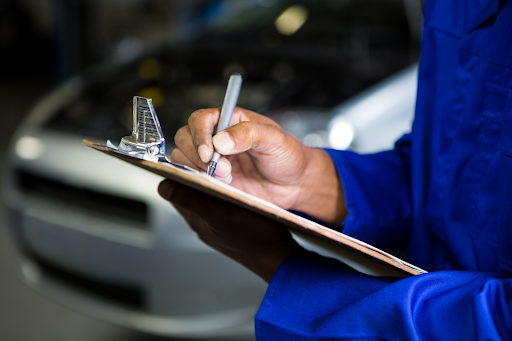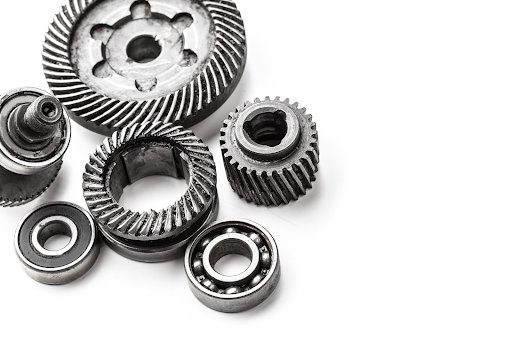Coolant plays a critical role in keeping an engine safe and running smoothly. For commercial vehicles, where engines work hard for long hours, the right coolant is even more important. Using the right product, such as TGP coolant, ensures the engine stays protected from overheating and corrosion. But mistakes related to coolant use are common and can lead to serious engine damage. Avoiding these errors can save money and keep your vehicle reliable on the road.
1. Using the Wrong Type of Coolant
Not all coolants are the same. Different engines need coolants with specific chemical properties. Using the wrong coolant can cause:
- Poor heat transfer
- Chemical reactions that damage engine parts
- Blockages in the cooling system
Mixing incompatible coolants often causes sludge build-up, which clogs radiators and hoses. This can quickly lead to overheating and costly repairs. Always choose a coolant that meets the engine manufacturer’s specifications. The TGP coolant is specially designed for commercial vehicles, offering the right protection against heat and corrosion.
2. Neglecting Regular Coolant Changes
Coolant does not last forever. Over time, it loses its effectiveness and breaks down. Old coolant becomes acidic and can:
- Corrode engine components
- Damage the radiator and hoses
- Reduce cooling efficiency
Ignoring scheduled coolant changes risks overheating and engine failure. Regular replacement helps keep the system clean and working at full capacity. For heavy commercial vehicles, the coolant works hard and needs to be checked and replaced more often than in smaller vehicles.
3. Filling Coolant to Incorrect Levels
Both too much and too little coolant can cause problems.
If coolant level is too low:
- Engine can overheat quickly
- Cooling system loses pressure
- Air pockets may form, causing hot spots
If coolant level is too high:
- Pressure builds up and may cause leaks
- Overflow can damage other engine parts
Always check coolant levels when the engine is cool. Use the recommended fill line and avoid guessing or topping up without measuring. The TGP coolant comes with clear instructions to maintain the correct level for optimum performance.
4. Mixing Coolant with Water in Wrong Proportions
Coolant needs to be mixed with water before use, usually in a 50:50 ratio. Using too much water or too little can reduce the coolant’s protective qualities.
Too much water causes:
- Reduced boiling point, risking overheating
- Increased corrosion inside the cooling system
Too little water causes:
- Poor heat transfer
- Risk of freezing in cold weather
Using distilled or demineralized water is also important; tap water contains minerals that cause scaling and clogging. Carefully mixing coolant and water, as advised for products like TGP coolant, ensures the engine gets the right balance of protection and cooling.
5. Ignoring Signs of Cooling System Problems
Many vehicle owners overlook early warning signs that the cooling system is failing. Ignoring these signs can lead to serious engine damage.
Watch for these signals:
- Engine temperature rising above normal
- Coolant leaks or puddles under the vehicle
- Unusual smells from the engine bay
- White smoke from exhaust indicating coolant burning
- Frequent need to top up coolant
Ignoring these signs can cause overheating, head gasket failure, or even engine seizure. Early detection and action can save a lot of time and cost.
Extra Care for Commercial Vehicles
Commercial vehicles often run under tougher conditions. Long hours on highways, heavy loads, and frequent stops can strain the cooling system more than usual. Using the right coolant and avoiding these common mistakes is critical.
- Heavy-duty engines generate more heat
- Cooling systems must be maintained strictly
- Regular inspections prevent downtime
Products like TGP coolant are designed to withstand these demands, ensuring engines stay cool even in challenging conditions.
How Proper Coolant Use Saves You Money
Fixing engine damage caused by coolant mistakes can be expensive. Preventive care by using the right coolant and avoiding errors helps reduce:
- Repair costs due to overheating
- Engine part replacements due to corrosion
- Loss of work hours from vehicle breakdowns
Good coolant maintenance also supports fuel efficiency by keeping the engine running at the right temperature.
Steps to Maintain Your Cooling System
To avoid these common coolant mistakes, take these simple steps:
- Use recommended coolant types only
- Change coolant as per service schedule
- Check coolant level regularly when the engine is cold
- Mix coolant and water in correct proportions with clean water
- Monitor engine temperature and check for leaks often
Following these steps helps keep the cooling system effective and the engine healthy for a long time.
Trusted Cooling Solutions for Commercial Vehicle Engines
Choosing the right coolant and handling it properly makes a big difference in the health of commercial vehicles. The TGP coolant stands out as a reliable choice for protecting engines from overheating and corrosion. Its formulation suits the tough conditions faced by commercial vehicles on Indian roads.
Transporters and fleet operators who choose quality parts and proper maintenance routines reduce risks of breakdowns and costly repairs. This careful approach supports smoother operations and longer vehicle life.
Many professionals in the commercial vehicle sector trust Tata Genuine Parts India for high-quality cooling solutions that help engines perform consistently, no matter the challenge.





